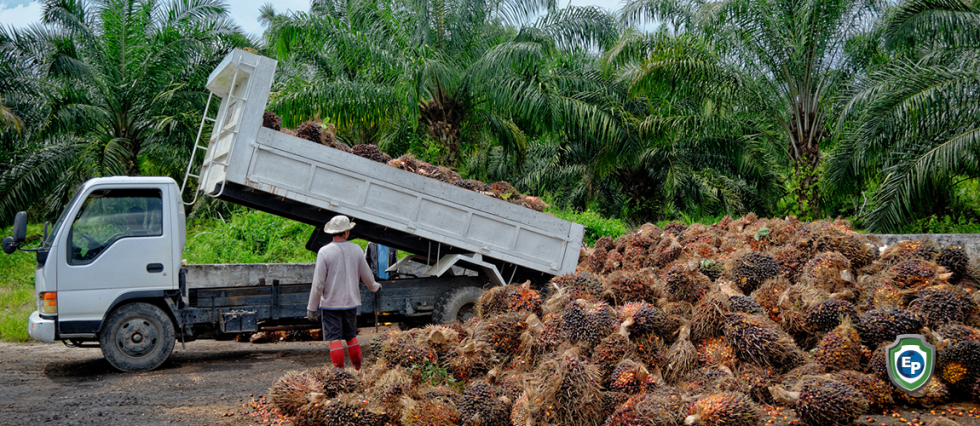Cameroon’s Palm Oil Exports
Vast portions of land covered with palm trees give a false impression of Cameroon’s palm oil production.

Vast portions of land covered with palm trees give a false impression of Cameroon’s palm oil production that has seen a sharp decline over the years. Cameroon used to be an essential player in the market, but now imports $53 million worth of palm oil compared to its meager $2 million value of exports.
Apart from the United States, Canada, France, and Belgium, most of Cameroon’s palm oil exports trickle into neighboring countries like Gabon, Chad, and Nigeria, with a good amount traded on the black market. For Cameroon to compete once more, it will need huge investments to meet both local and international demand. The work starts with the harvest. The industry can’t expect high yields from old palms. New seeds, new ways of farming, and care have to be given to the plants coupled with proper training of plantation workers.
The three significant exporters are the Cameroon Development Corporation, SOCAPALM, and PAMOL, and they need new and efficient machines to extract and process palm oil. Together these three are responsible for 60 percent of production but could do more with investment in machinery. Those below them fair even worse with manual production still prevalent among many local farmers. In addition to these hurdles, producers face competition from duty-free imports and taxes that hurt them at home.

Government subsidies helped increase production from 343,000 tonnes in 2014 to 413,000 tons in 2018. Still, these gains were undercut by the Anglophone Crisis in its English-speaking regions where the CDC and PAMOL have most of their plantations. PAMOL’s production has plummeted by 80 percent while the CDC, Cameroon’s largest private employer, has lost 60 percent of its output. SOCAPALM with plantations away from the trouble spots hasn’t been hit as severely but has had to grapple with accusations of environmental pollution and land grabbing from local communities.
For an industry that directly employs over 50,000 people and boasts enormous natural capacity, the palm oil industry in Cameroon is still an asset that can contribute to Cameroon’s exports if better policies are implemented.
Learn More with Export Portal
At Export Portal, we believe in being a truly comprehensive international trade marketplace. That includes helping our users learn everything they need to know about global trade. Subscribe to our newsletter today to stay in the loop!






Comments 0